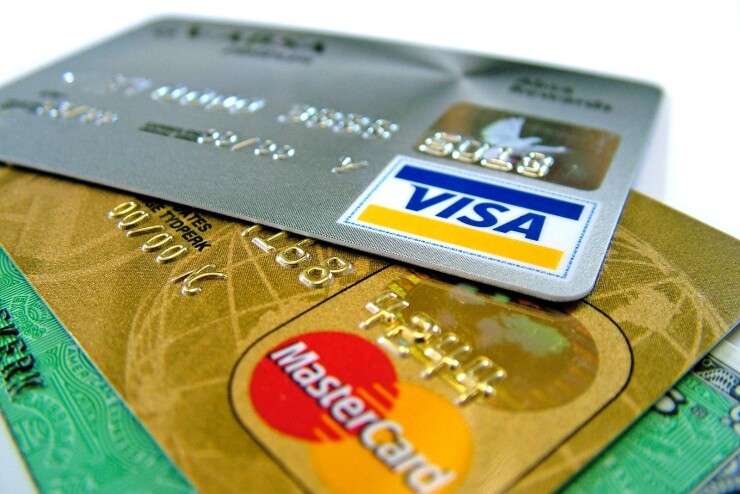U.S. consumer borrowing unexpectedly fell in August as credit card balances declined for a sixth consecutive month with the coronavirus pandemic continuing to limit some purchases amid elevated unemployment.
Total credit decreased $7.2 billion from the prior month after an upwardly revised $14.7 billion July gain, Federal Reserve figures showed Wednesday. The median estimate in a Bloomberg survey of economists called for a $14 billion increase in August.
The drop in revolving credit to a three-year low indicates the pace of consumer spending growth is moderating after outsize gains immediately following the gradual lifting of restrictions on businesses and individuals. The expiration of a $600 weekly supplemental benefit for the unemployed may have also played a role in the drop in consumer charges.

The absence of additional government financial support to the millions of unemployed Americans is seen limiting the consumer expenditures that make up the largest share of gross domestic product.
Revolving credit fell $9.4 billion, the most in three months. The decrease left outstanding revolving credit at $985.3 billion, the lowest since June 2017.
Nonrevolving debt, which includes auto and school loans, rose $2.2 billion, though the increase was the smallest since a decrease in April. Lending by the federal government, which is mainly for student loans, increased almost $15 billion before seasonal adjustment.
Total consumer credit for the month fell an annualized 2.1% after growing 4.3% in July. The Fed’s report does not track debt secured by real estate, such as home mortgages.





